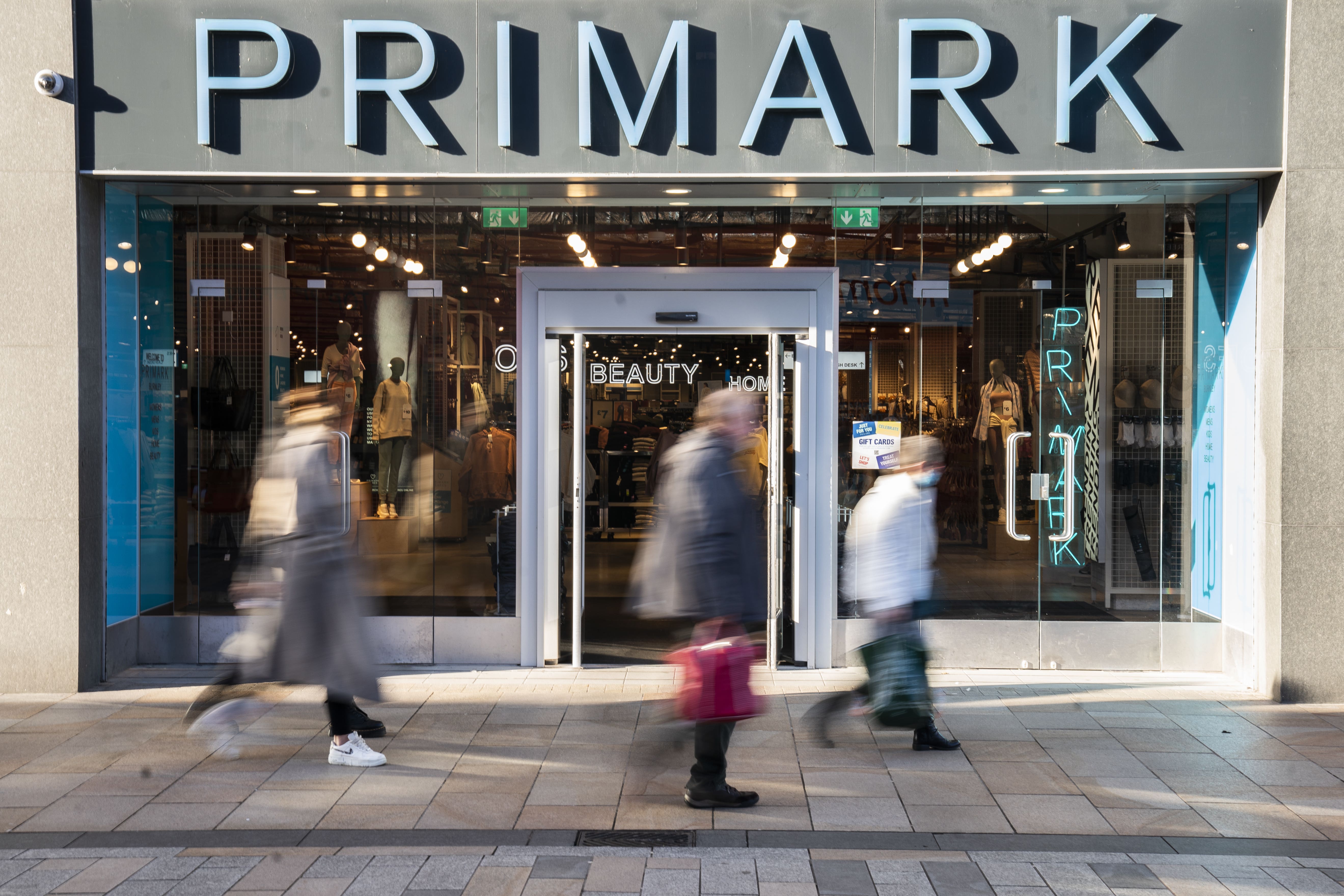Rachel Reeves has been urged not to give consumers more money worries in her November Budget, with Primark’s boss warning that customers are already taking the hit for tough business conditions.
George Weston is the chief executive of Associated British Foods (ABF), a £14bn British-listed conglomerate firm, which, as well as owning Primark, is the parent of food businesses such as Kingsmill and Twinings.
Speaking after ABF’s latest financial results emerged, he warned the chancellor that, while food inflation should be easing from this point onwards, businesses have had no choice but to keep passing on increased costs to customers.
Higher employment costs as a result of national insurance hikes and minimum wage rises, increasing business rates in some industries and lingering uncertainty over tariffs have all played a part in making the last few months difficult for UK firms – and in turn for British consumers, who ultimately have to keep footing the bill with rising prices.
“I hope consumer sentiment doesn’t take another great whack in November,” Mr Weston said. “Anything that reduces returns on investment or increases the costs of employing people [could affect consumer sentiment].”
He also added that while Primark had tried not to move prices higher for the past year by using technology to offset increased labour costs, the same couldn’t be said in other areas of the business, with ABF “having to pass on much of this” to customers.

Primark is known as a lower-cost brand, but even so, the fact that sales have been flat this year so far will be cause for concern if used as a bellwether for the wider economy. Opening two new stores in the UK helped Primark add total sales, but in terms of like-for-like across stores, the business was down slightly for the first six months of the year.
The government are prioritising growth and acknowledging that more needs to be done to stimulate economic growth, but there has been little sustained evidence of that playing out so far this year. Economic growth data for July is due for release on Friday.
In the latest data released by the Office for National Statistics (ONS), food price increases were almost universally cited by the public as the main current financial concern.
“When asked in which ways their cost of living had increased over [August 2025], the majority of people reported that the price of their food shop had increased (96 per cent), and over half reported increases in gas or electricity bills (55 per cent),” the ONS report read.
Even with consumer concerns over spending, though, cheaper stores will not necessarily thrive, says one financial expert.

“The idea that value retailers will automatically thrive in a period where consumers are watching their pennies no longer stacks up. Cheap prices do not mean goods will fly off the shelf, just as Primark has found out,” said Russ Mould, investment director at AJ Bell.
“Sales have been poor in parts of Europe amid a weaker consumer environment. While there are green shoots in the UK, even its domestic territory isn’t firing on all cylinders.
“In the current environment, all Primark can do is make sure its stores are tidy, there is good stock availability, and pricing remains competitive. It’s a case of sitting tight and waiting for market conditions to improve.”
Shares in ABF fell more than 12 per cent on news of the company’s latest financial report, before slightly rebounding 2 per cent on Thursday.
Reeves admits economy is ‘stuck’ ahead of business rates overhaul
Jamie Dimon gives pessimistic outlook on US economy and Trump tariffs impact
FTSE 100 closes lower as geopolitical issues worry investors
John Lewis and Waitrose owner loses £88 million after national insurance hike
Business news live: Klarna shares soar after IPO, Musk regains richest person tag
Job hunters rise to highest level for nearly five years – report







